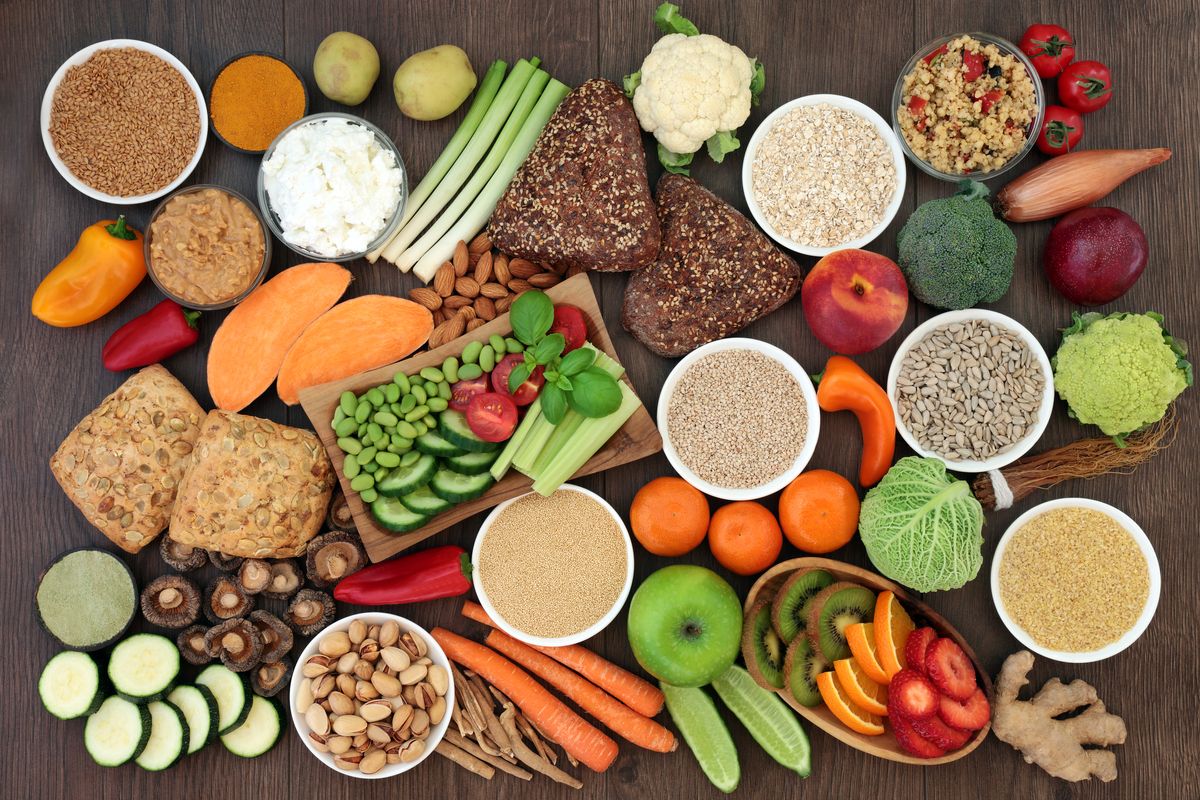Ensuring adequate protein intake from vegetarian sources is essential for individuals who either avoid meat or consume limited animal-based foods. While understanding the importance of protein in your daily diet, you might be uncertain about whether you're meeting your protein needs.
Fortunately, the current international Recommended Dietary Allowance (RDA) for protein is 0.8 grams per kilogram of body weight, as reported in Nutrients. However, to determine your precise protein requirements, you must also take into account your activity level. If you lead an active lifestyle, you will need to consume more protein to support and fuel your activities.
Understanding your protein requirements is crucial, with the average Daily Value (DV) of protein to aim for being around 50 grams. Whether you follow a vegetarian diet or not, it's essential to ensure that you meet this recommended amount.
The significance of adequate protein intake in a vegetarian diet cannot be overstated, as protein serves a pivotal role in various physiological functions. According to Meaghan Greenwood, RD, protein is vital for tissue building and repair, the production of enzymes and hormones, supporting a healthy immune system, and providing a source of energy.
Vegetarians face a particular need for sufficient protein intake, as they eliminate or limit animal-based protein sources, which typically contain all the essential amino acids required by the body. This is highlighted by Natalie Allen, RD, who emphasizes that protein is essential for maintaining fluid balance, building muscle, and repairing cells. While it may require more effort for vegetarians to obtain this macronutrient without consuming meat, it is certainly achievable.
However, when relying on vegetarian sources for protein, it's essential to be aware that not all plant-based proteins are complete proteins. Meaghan Greenwood explains that unlike meat, which provides all the essential amino acids, most plant-based protein sources lack one or more of these amino acids. Being mindful of this fact can help vegetarians create well-balanced meals that fulfill their protein needs effectively.
According to Greenwood, combining various vegetarian protein sources throughout the day, such as legumes and grains, allows individuals to obtain a complete protein profile. Additionally, vegetarian protein sources offer added health benefits like fiber, vitamins, minerals, and phytonutrients, contributing to overall well-being.
Allen emphasizes the importance of consuming a variety of plant-based protein sources. These sources are considered low biological value proteins, which means they may be lacking in one or more essential amino acids—the building blocks of protein. By incorporating different foods, individuals can ensure a well-rounded intake of all amino acids. Animal-derived foods like eggs and milk, on the other hand, have higher biological value proteins.
With these factors in mind, let's explore the following vegetarian protein sources to help meet your dietary needs.
1) Lentils:
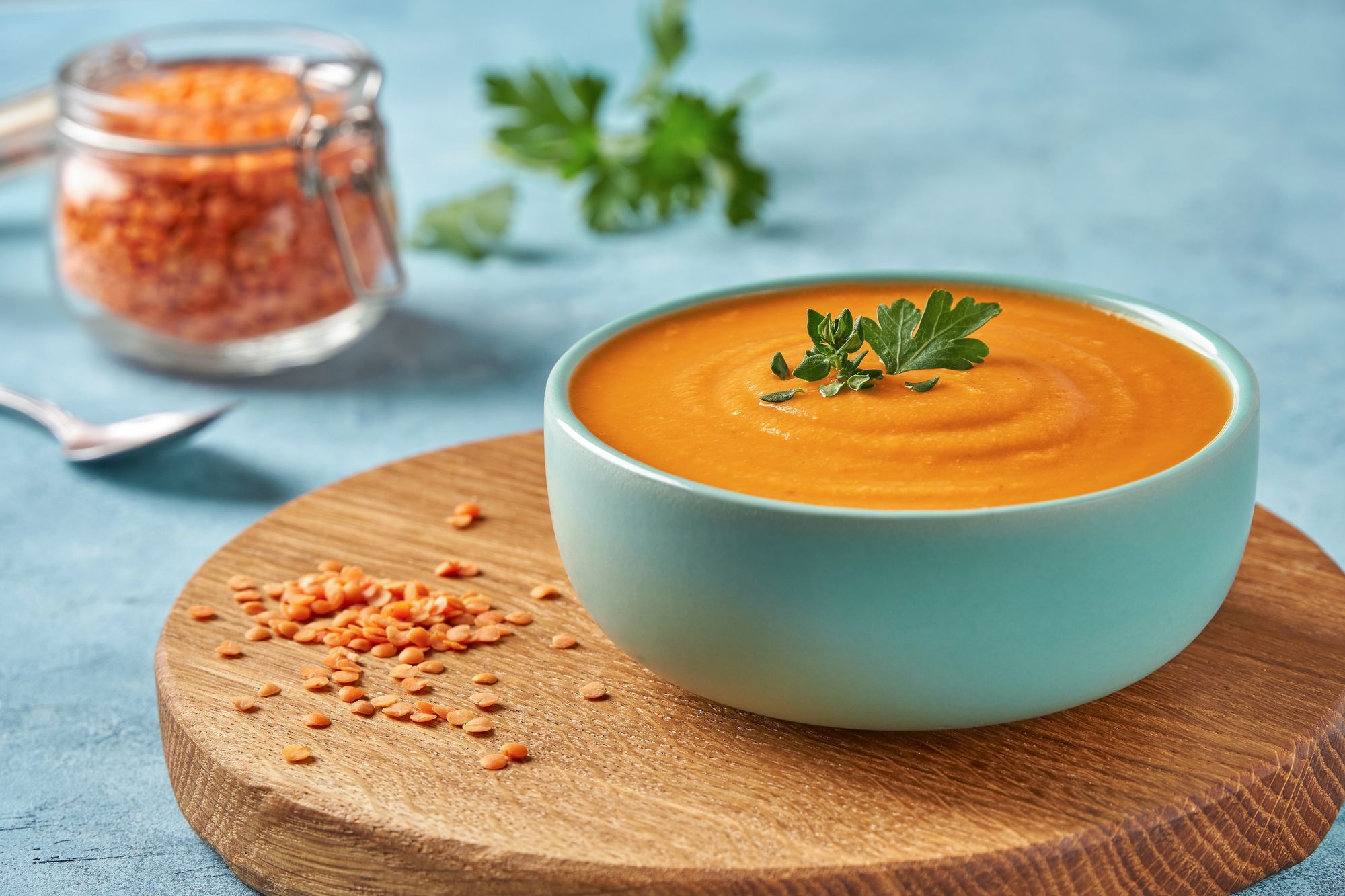
Lentils are a type of legume known for their high protein content, offering around 24.6 grams of protein per 100g serving, which accounts for approximately 49.2% of the Daily Value (DV). Besides being a great protein source, lentils are rich in dietary fiber, iron, and folate. They are also low in fat and have a low glycemic index, making them an excellent choice for managing blood sugar levels. Lentils come in various varieties, such as green, brown, and red, each with its unique taste and texture. They are easy to cook and can be incorporated into soups, stews, salads, and side dishes.
2) Chickpeas:
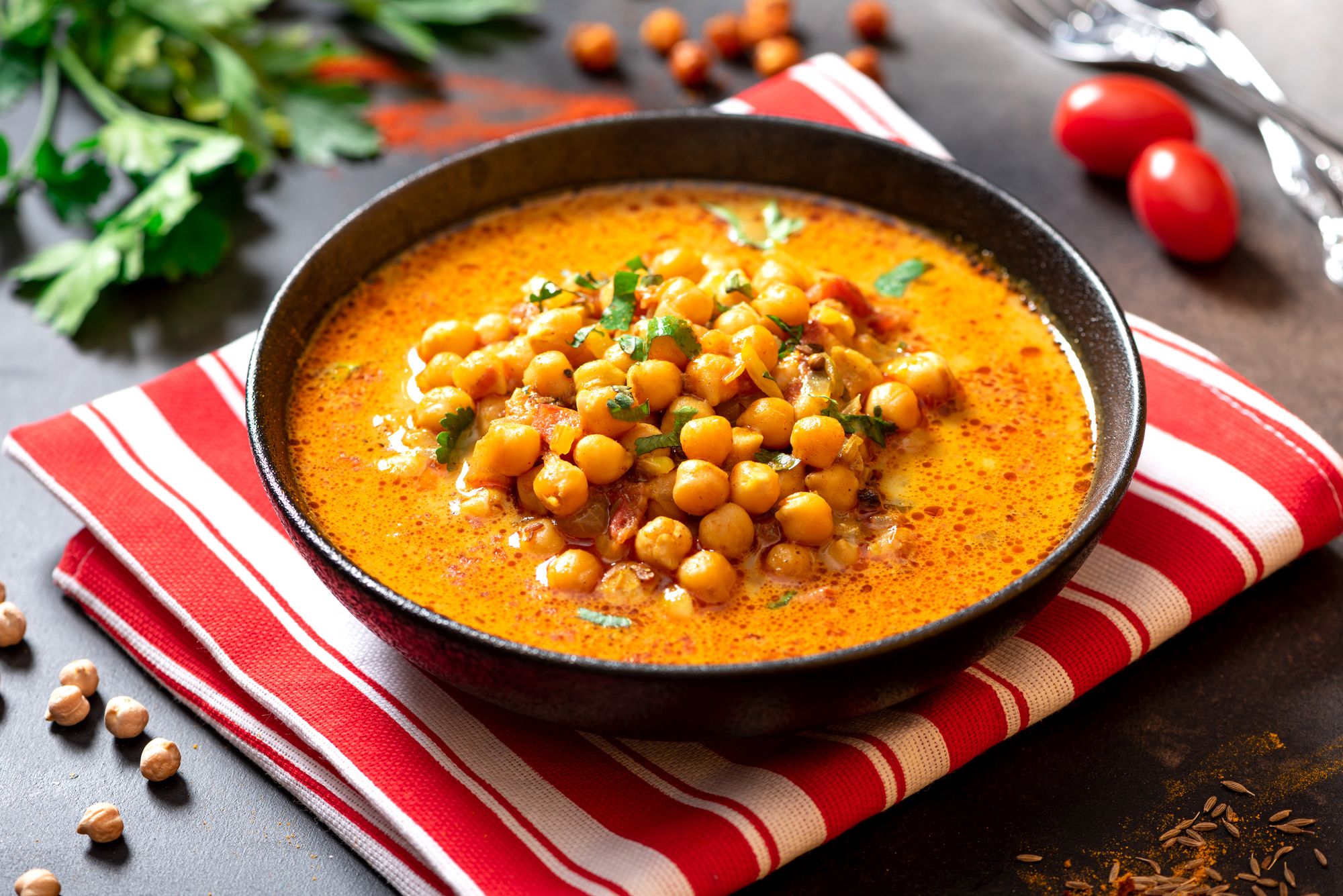
Also known as garbanzo beans, chickpeas provide about 20.5 grams of protein per 100g serving, contributing to 41% of the DV. Alongside protein, chickpeas offer a good amount of dietary fiber and complex carbohydrates, making them filling and satisfying. They are a staple in Mediterranean and Middle Eastern cuisines and are commonly used in dishes like hummus, falafel, and salads. Chickpeas are highly versatile and can be roasted, boiled, or used in a variety of savory and sweet recipes.
3) Quinoa:
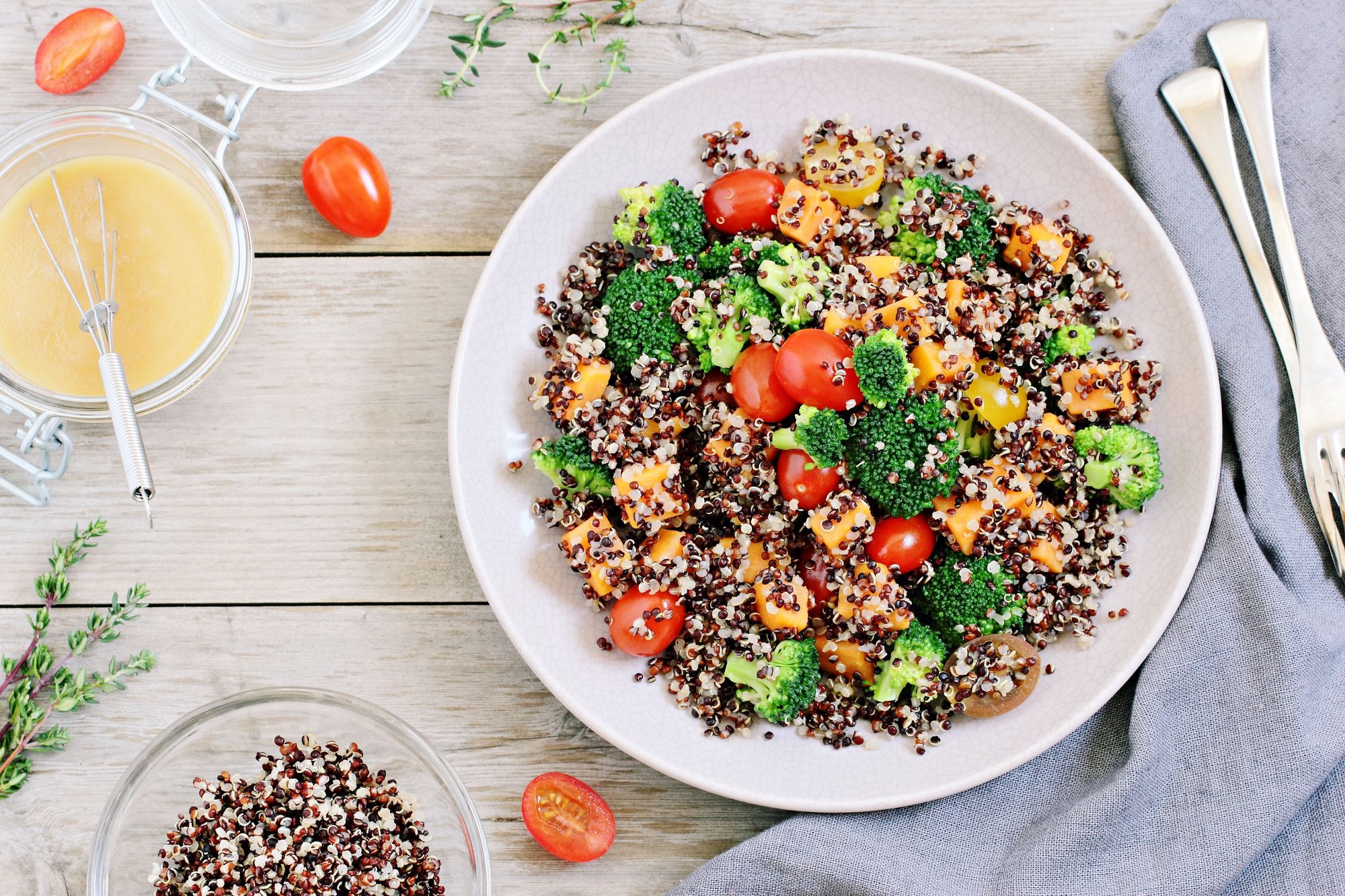
Quinoa stands out as a complete protein source, offering approximately 4.4 grams of protein per 100g serving (8.8% of the DV). It contains all nine essential amino acids, making it an ideal choice for vegetarians seeking a well-rounded protein profile. Additionally, quinoa is gluten-free and rich in nutrients like iron, magnesium, and dietary fiber. Its nutty flavor and fluffy texture make it a popular alternative to rice or pasta. Quinoa can be used in salads, bowls, stir-fries, and as a side dish, adding both nutritional value and deliciousness to your meals.
4) Black Beans:
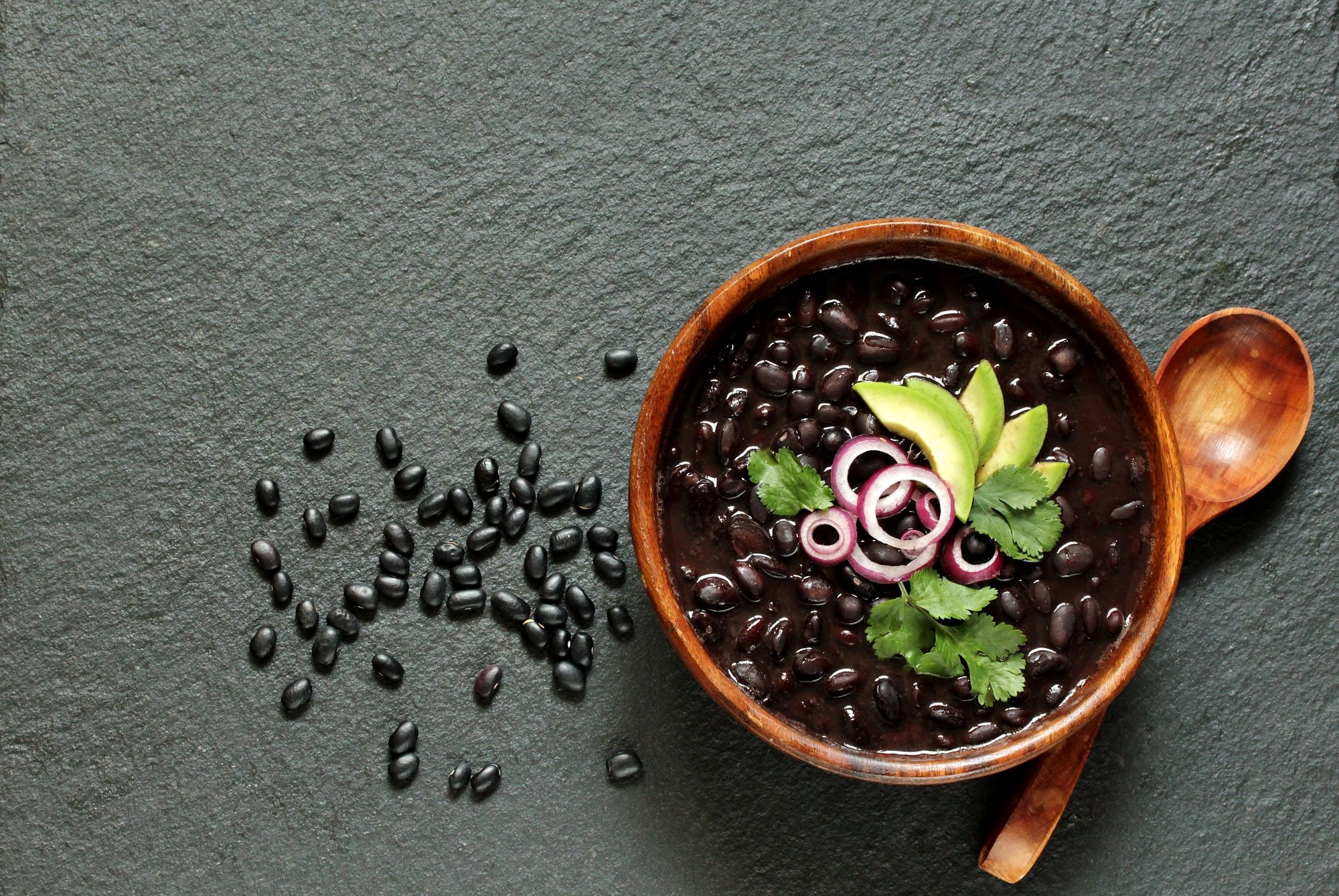
Black beans are a powerhouse of protein, providing around 24.4 grams per 100g serving (48.8% of the DV). In addition to their protein content, black beans are packed with dietary fiber, antioxidants, and various essential vitamins and minerals. Studies have shown that the antioxidants present in black beans can help combat inflammation and reduce the risk of chronic diseases like diabetes and cardiovascular conditions. They are commonly used in Mexican, Latin American, and Caribbean cuisines and can be added to soups, stews, salads, and even transformed into tasty veggie burgers.
5) Greek Yogurt:
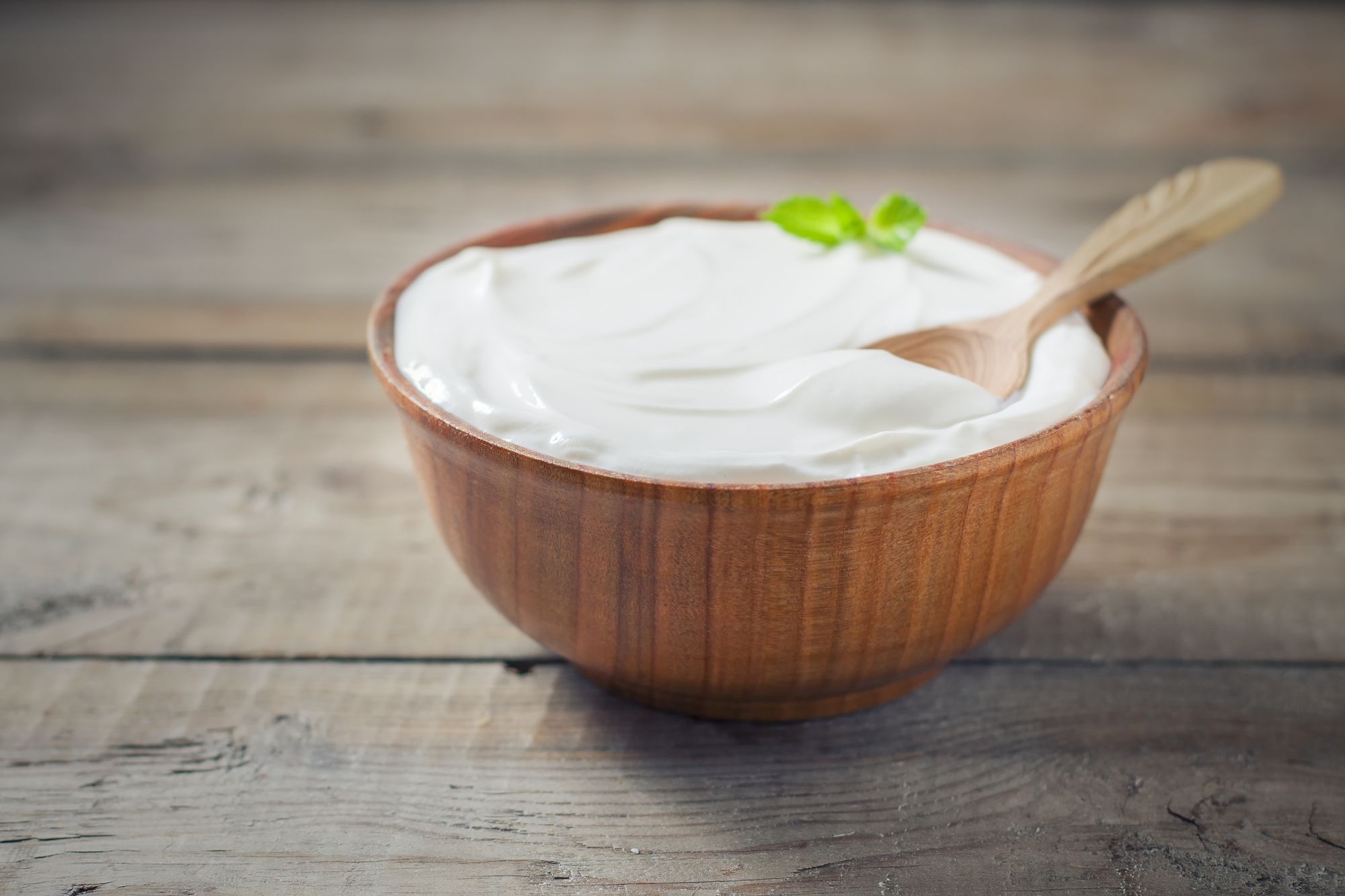
Greek yogurt is a protein-rich dairy product, offering approximately 10.3 grams of protein per 100g serving (20.6% of the DV). It is made by straining regular yogurt to remove whey, resulting in a thicker and creamier texture with a higher protein content. Greek yogurt is not only a good source of protein but also provides probiotics, calcium, and vitamin B12, supporting gut health and bone strength. It can be enjoyed on its own, blended into smoothies, used as a topping, or substituted for sour cream in various recipes.
6) Tofu:
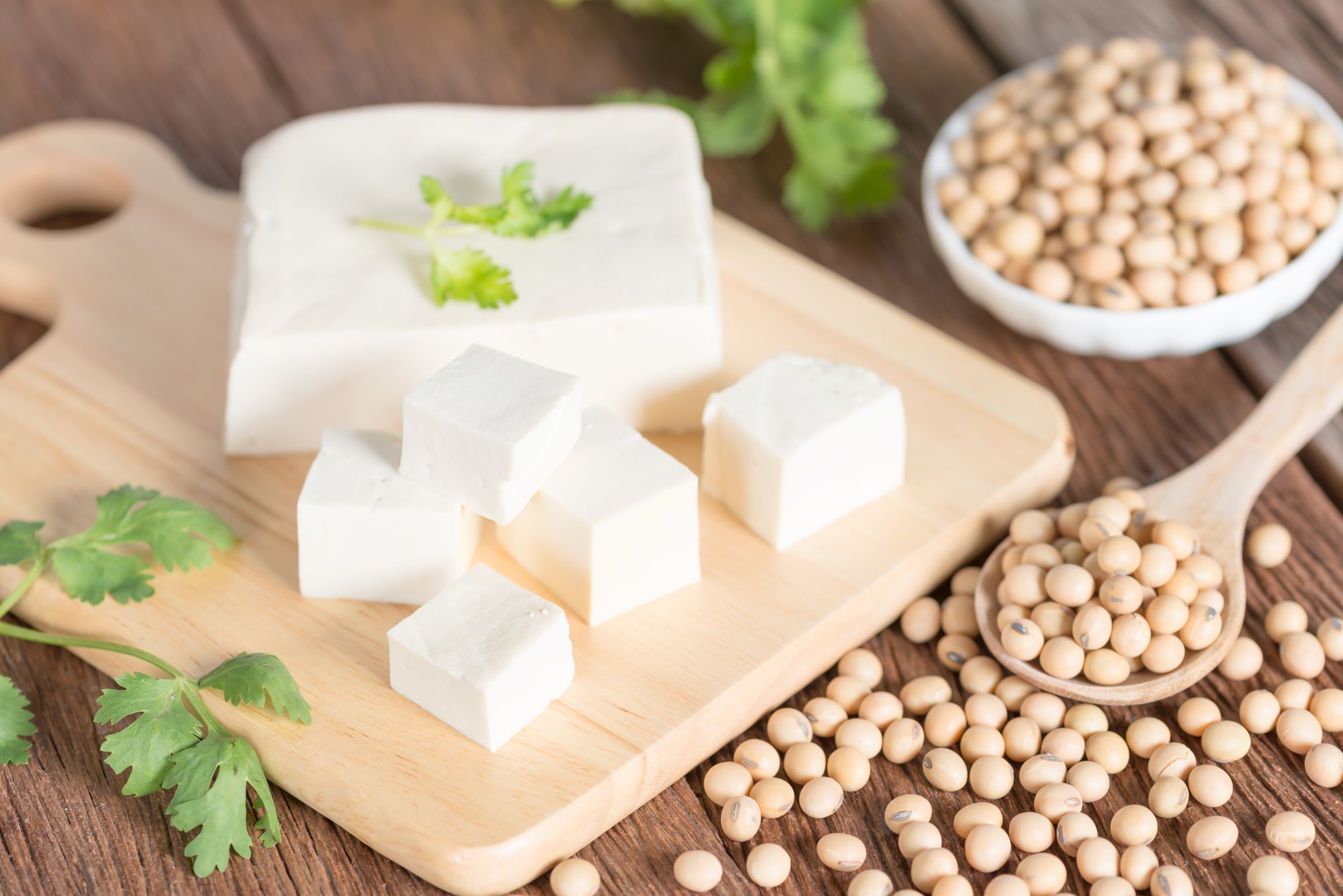
Tofu, made from soybeans, is a versatile protein source that contains about 17.3 grams of protein per 100g serving (34.6% of the DV). It is known for its ability to absorb flavors, making it an excellent addition to a wide range of dishes, from stir-fries and curries to desserts and smoothies. Tofu is low in calories, cholesterol-free, and rich in essential minerals such as calcium and iron. Research suggests that consuming tofu regularly may be linked to a lower risk of heart disease.
7) Tempeh:
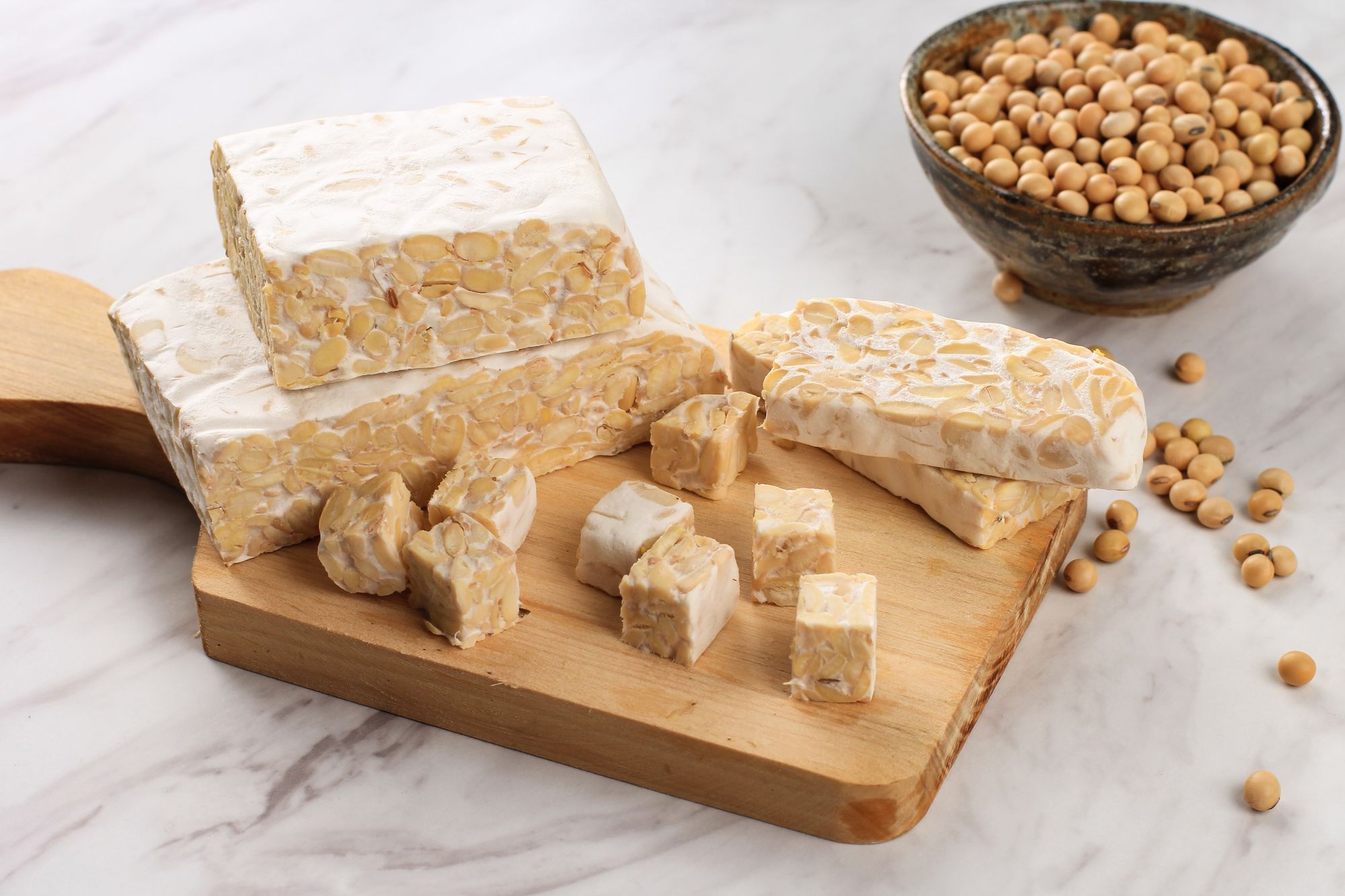
Similar to tofu, tempeh is another soy-based protein source, offering around 20.3 grams of protein per 100g serving (40.6% of the DV). What sets tempeh apart is its fermentation process, which enhances its digestibility and provides additional health benefits, including probiotics. This makes tempeh not only a great source of protein but also beneficial for gut health. It has a slightly nutty flavor and a firm texture, making it perfect for grilling, sautéing, or marinating. Tempeh can be sliced, diced, or crumbled, making it a versatile ingredient in various dishes, from sandwiches and tacos to bowls and stir-fries.
8) Chia Seeds:
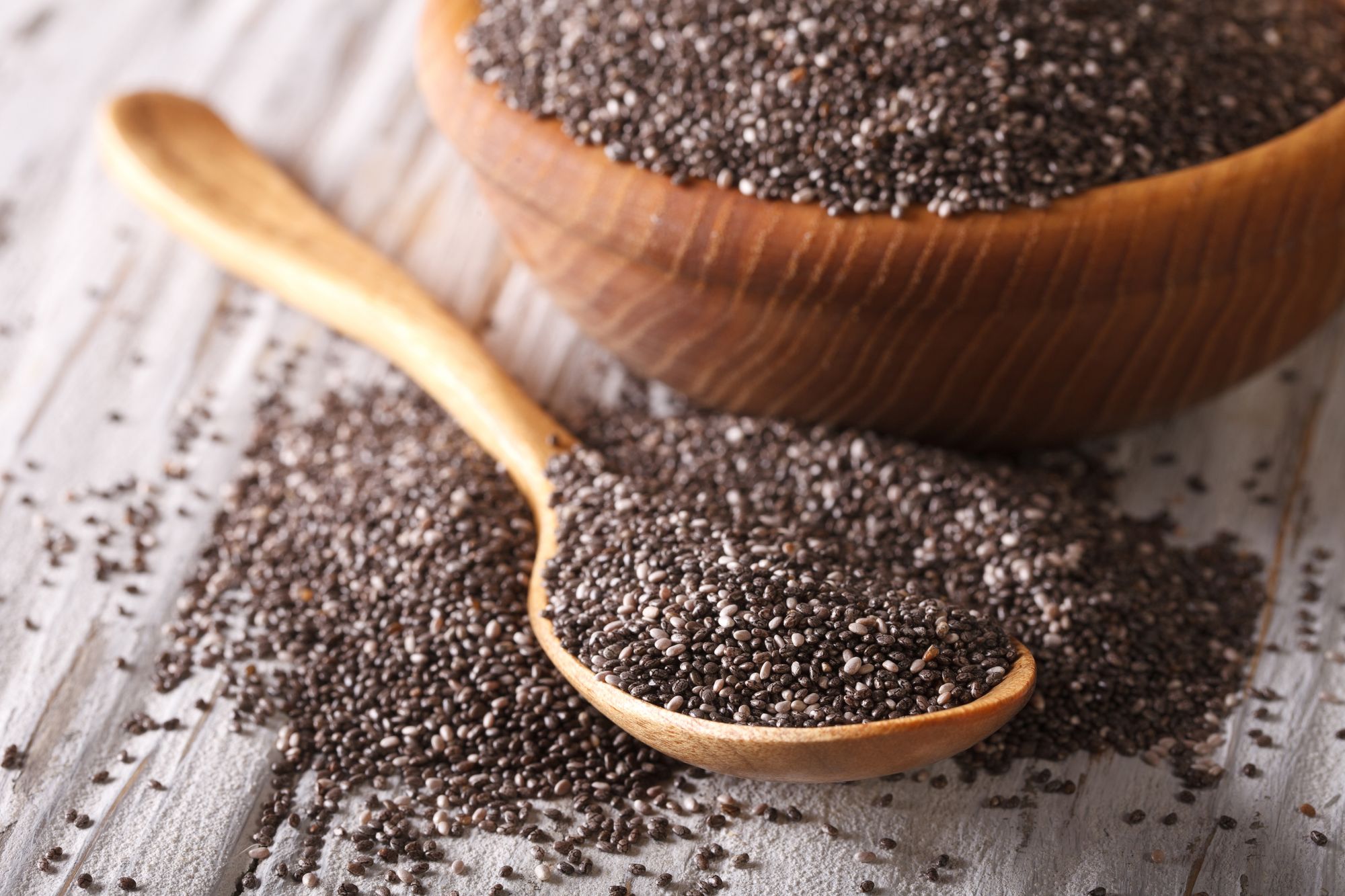
Chia seeds are small but nutrient-dense, providing approximately 16.5 grams of protein per 100g serving (33% of the DV). In addition to protein, chia seeds are an excellent source of fiber, omega-3 fatty acids, antioxidants, and various essential minerals. Due to their ability to absorb liquid and form a gel-like consistency, chia seeds are often used in puddings, smoothies, and overnight oats. They can also be sprinkled on top of salads, mixed into yogurt, or added to baked goods as a nutritious boost.
9) Hemp Seeds:
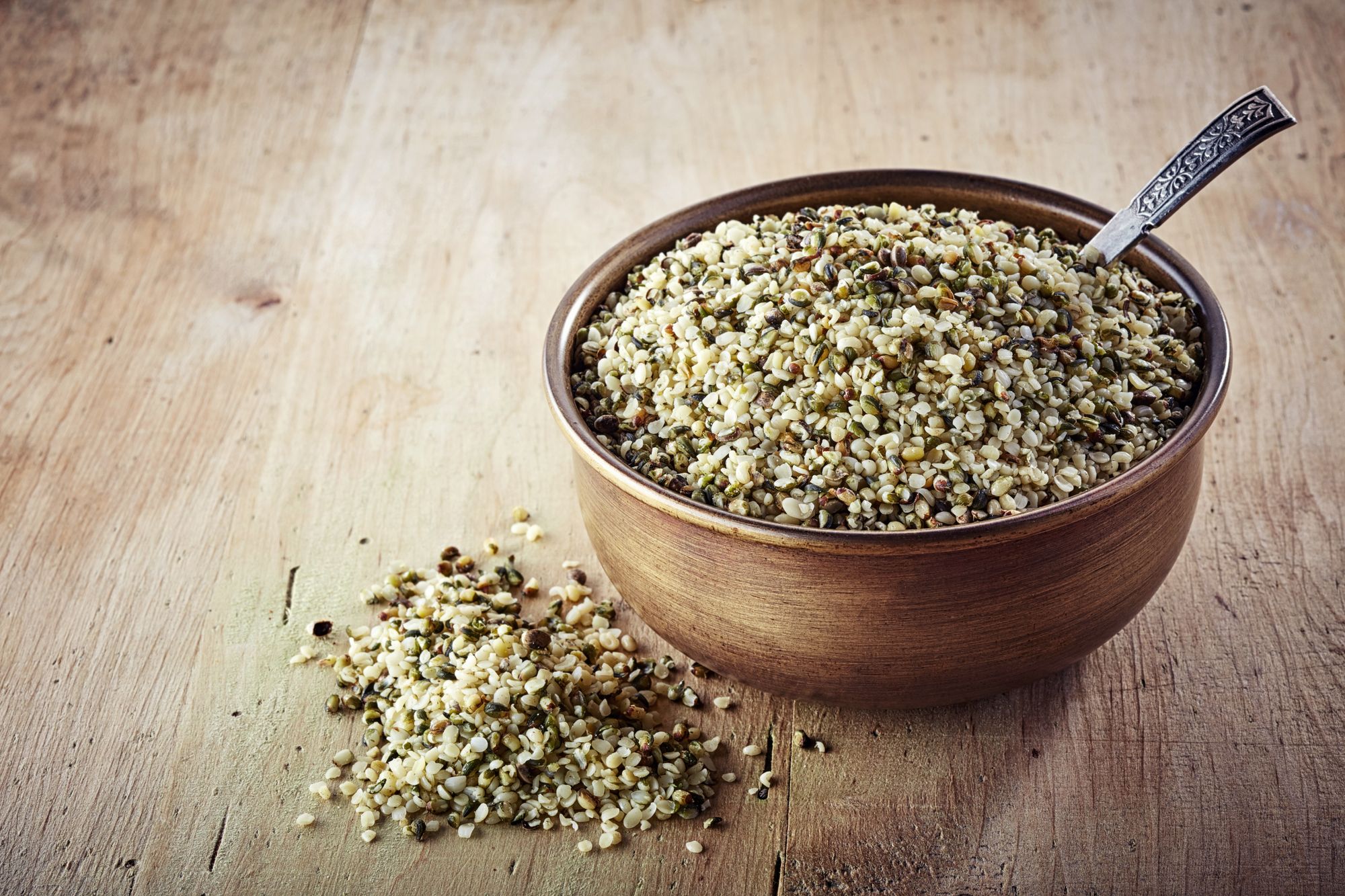
Hemp seeds are a protein powerhouse, offering around 31.6 grams of protein per 100g serving (63.2% of the DV). Not only are hemp seeds a complete protein source, but they also provide an optimal ratio of omega-6 to omega-3 fatty acids, making them a valuable addition to a balanced diet. Alongside protein, hemp seeds contain fiber, healthy fats, magnesium, zinc, and iron. They have a slightly nutty flavor and can be sprinkled on salads, blended into smoothies, or used as a topping for various dishes.
10) Almonds:
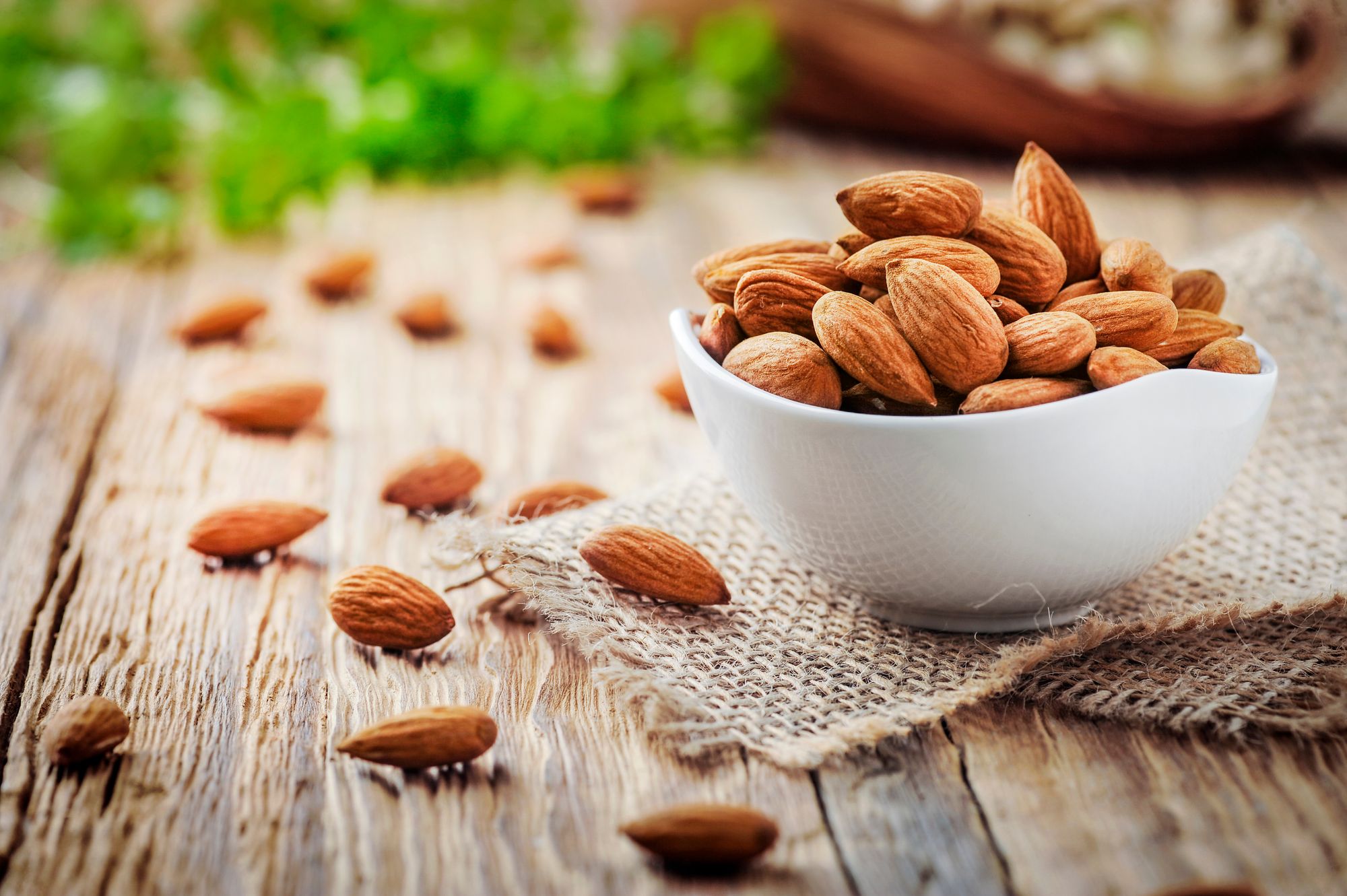
Almonds are not only a tasty snack but also a good source of protein, offering approximately 21.4 grams per 100g serving (42.8% of the DV). They are also rich in healthy fats, fiber, vitamin E, and magnesium. Consuming almonds has been associated with various health benefits, including heart health and improved weight management. Almonds can be eaten on their own as a convenient snack or added to salads, granola, yogurt, and baked goods to enhance both flavor and nutrition.
11) Peanut Butter:
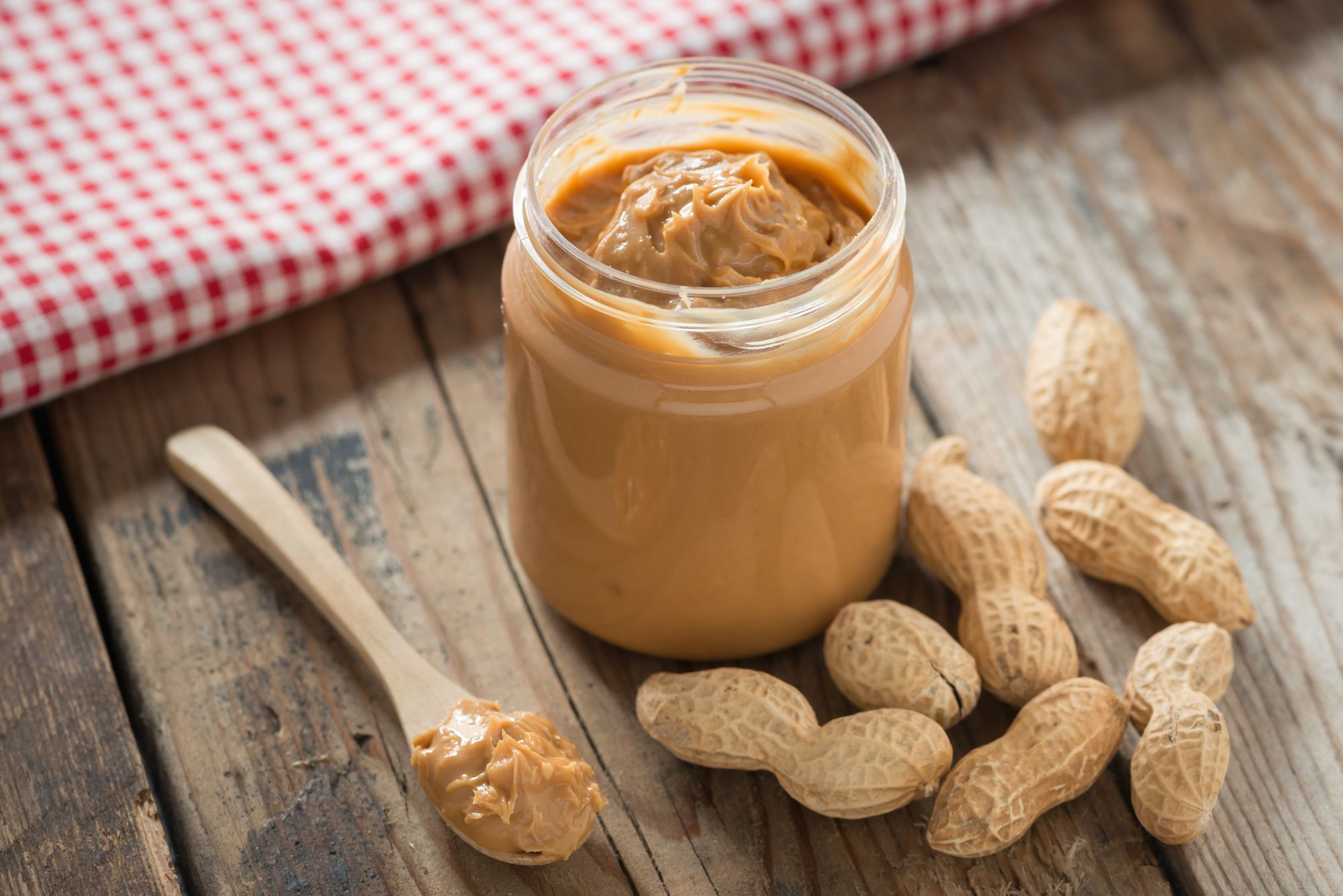
Peanut butter is a beloved protein-rich spread, providing about 22.5 grams of protein per 100g serving (45% of the DV). It is also a good source of healthy fats, vitamin E, and various other essential nutrients. Peanut butter can be used in numerous ways, from spreading it on toast and fruits to incorporating it into smoothies and savory dishes like satay sauce. Opt for natural peanut butter without added sugars or hydrogenated oils for a healthier choice.
12) Edamame:
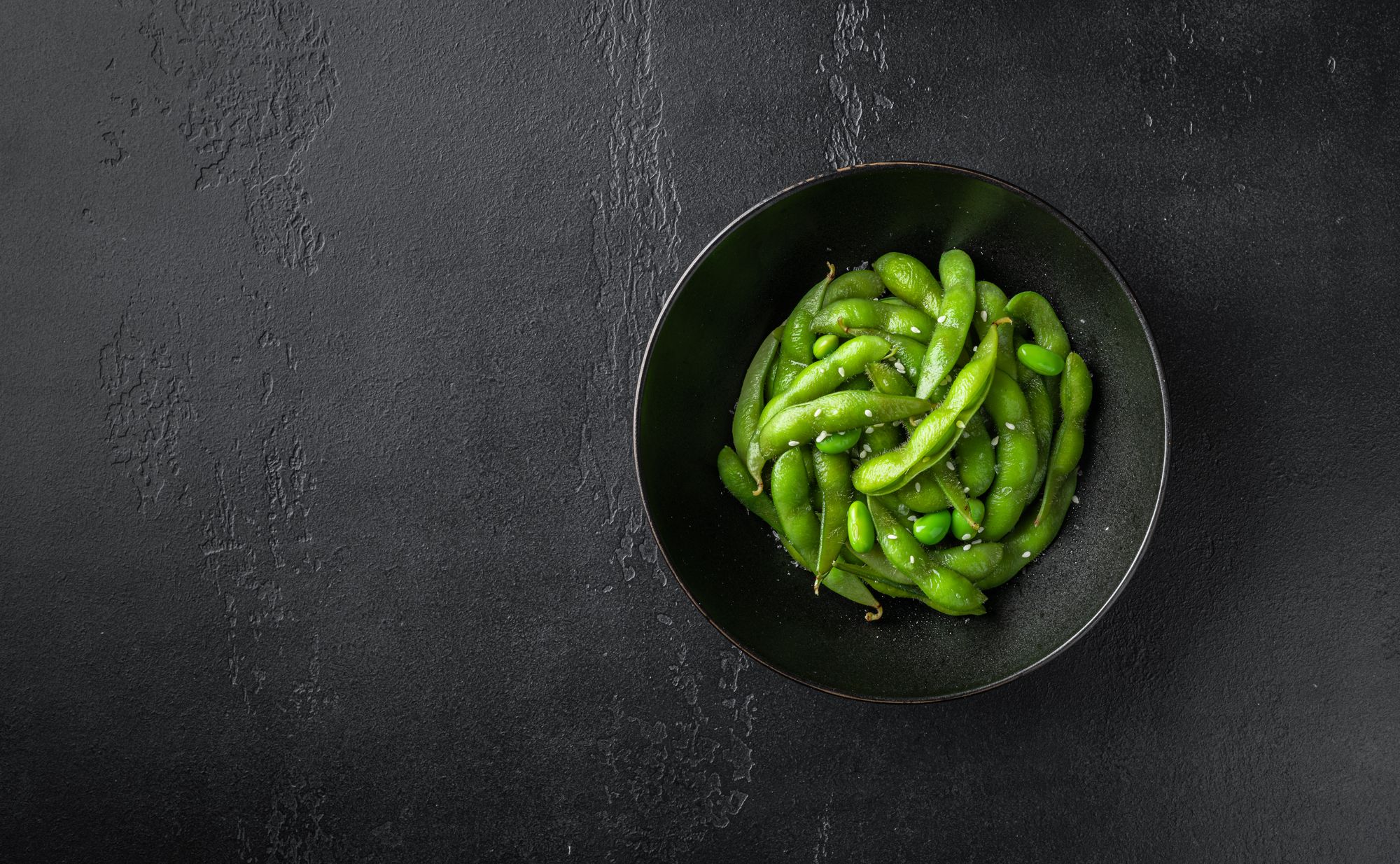
Edamame are young soybeans, offering around 11.9 grams of protein per 100g serving (23.8% of the DV). Besides protein, edamame are rich in dietary fiber, folate, and various minerals. They are usually served as a snack, boiled or steamed, with a sprinkle of salt. Edamame can also be added to salads, stir-fries, and rice dishes to boost protein content and add a pop of color and texture.
13) Pumpkin Seeds:
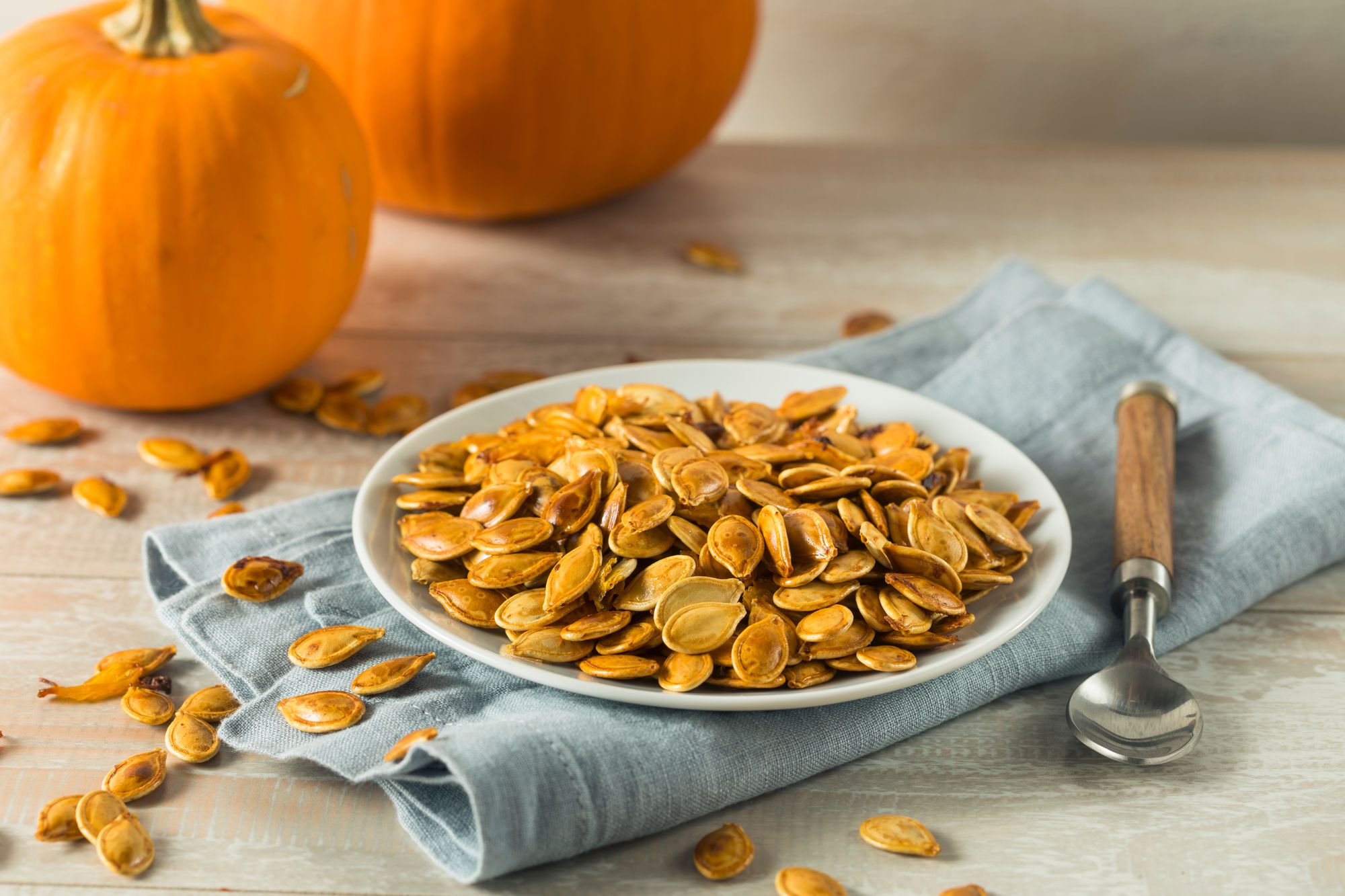
Pumpkin seeds, also known as pepitas, provide an impressive 29.9 grams of protein per 100g serving (59.8% of the DV). Additionally, they are a rich source of iron, magnesium, zinc, and healthy fats. Pumpkin seeds can be eaten roasted as a crunchy snack or added to salads, granola, and baked goods for extra protein and flavor.
14) Cottage Cheese:
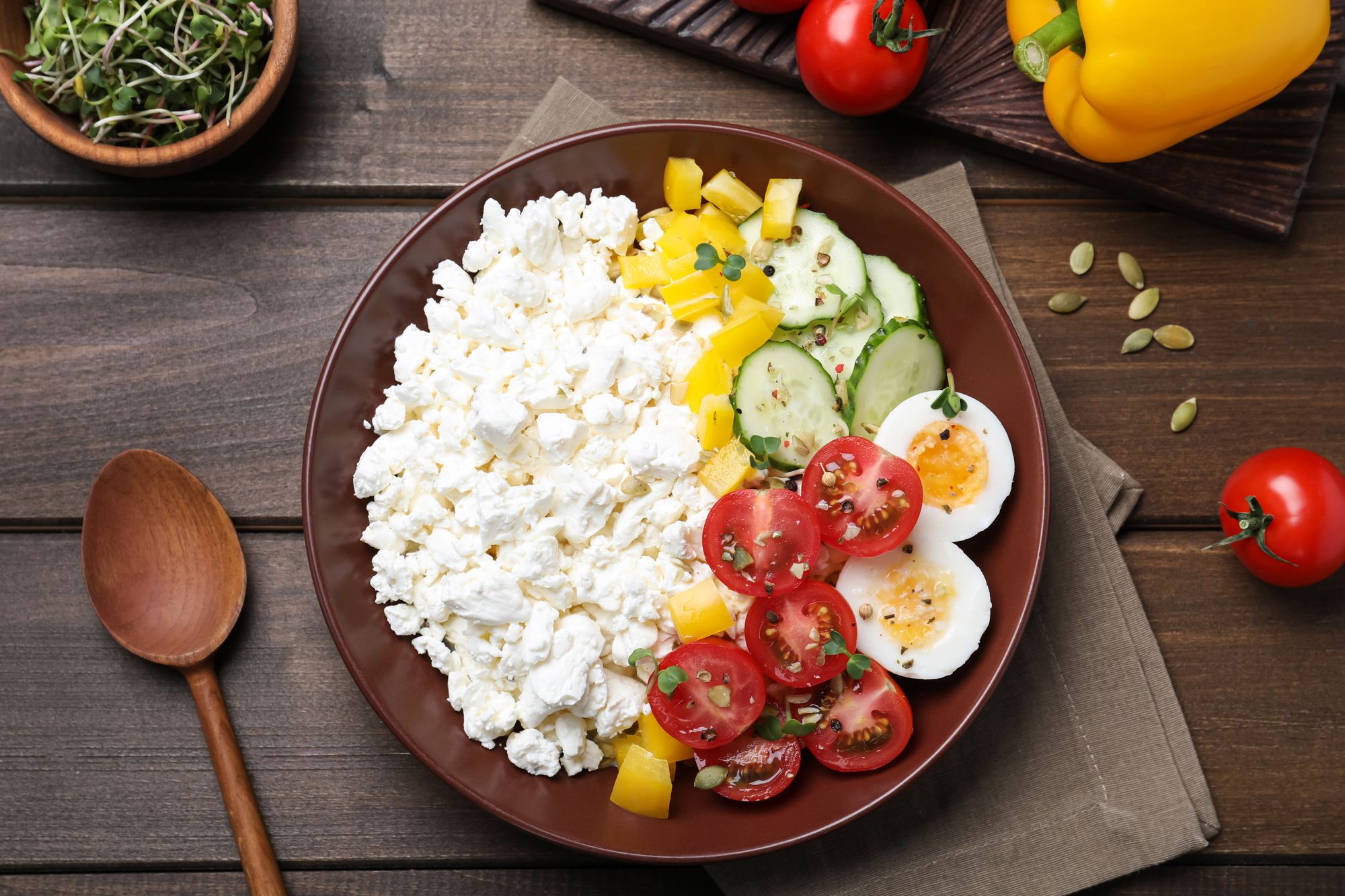
Cottage cheese offers approximately 11 grams of protein per 100g serving (22% of the DV). It is a dairy product packed with protein, calcium, and vitamin B12. Cottage cheese can be enjoyed on its own or combined with fruits and nuts for a balanced and satisfying snack. It can also be used in both sweet and savory recipes, from pancakes and smoothies to lasagna and casseroles.
15) Peas:
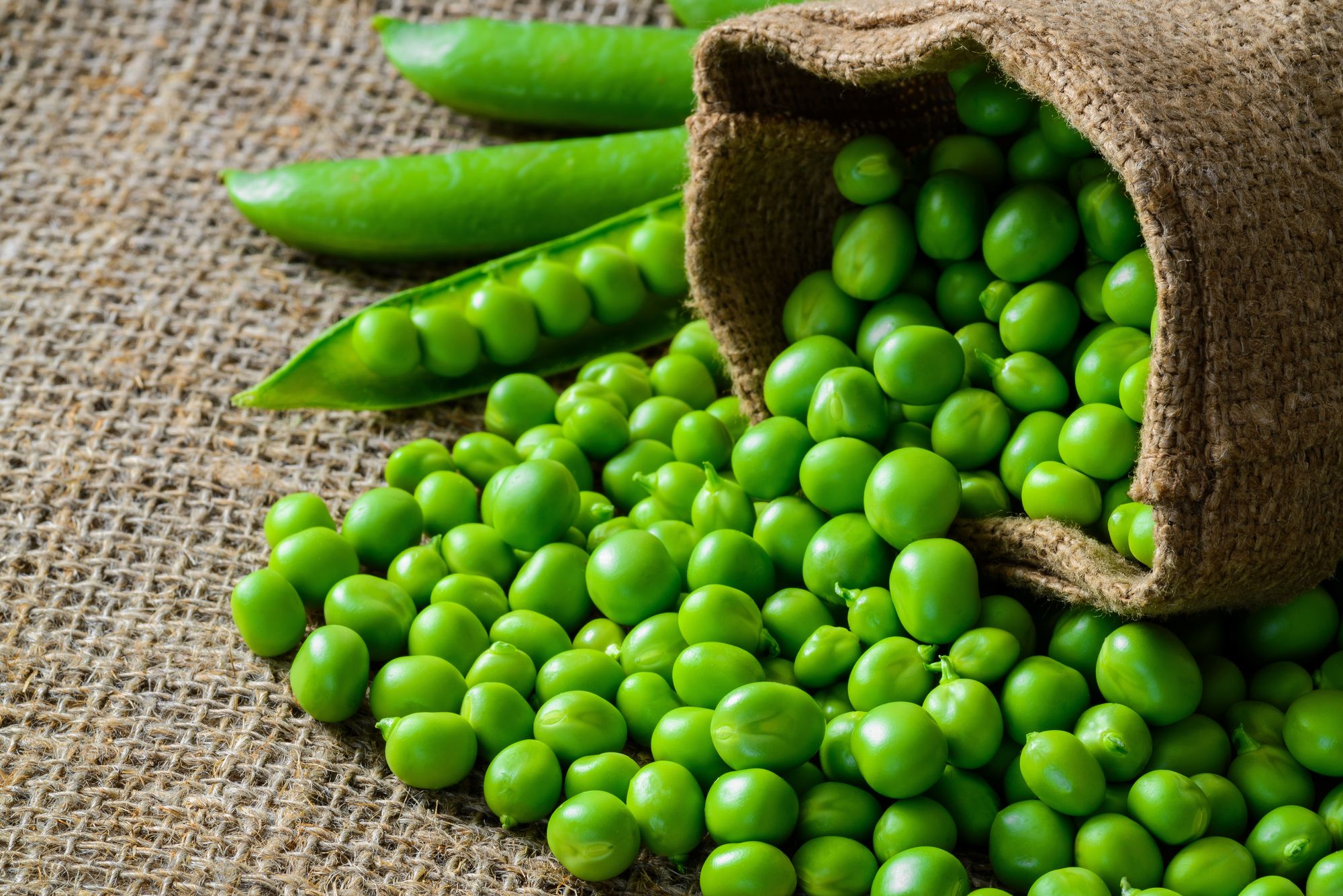
Green peas provide about 5.42 grams of protein per 100g serving (10.84% of the DV). Besides protein, peas contain vitamins, minerals, starch, and phytochemicals with various health benefits. They can be used in soups, stews, stir-fries, and side dishes, adding a burst of sweetness and nutrients to your meals.

